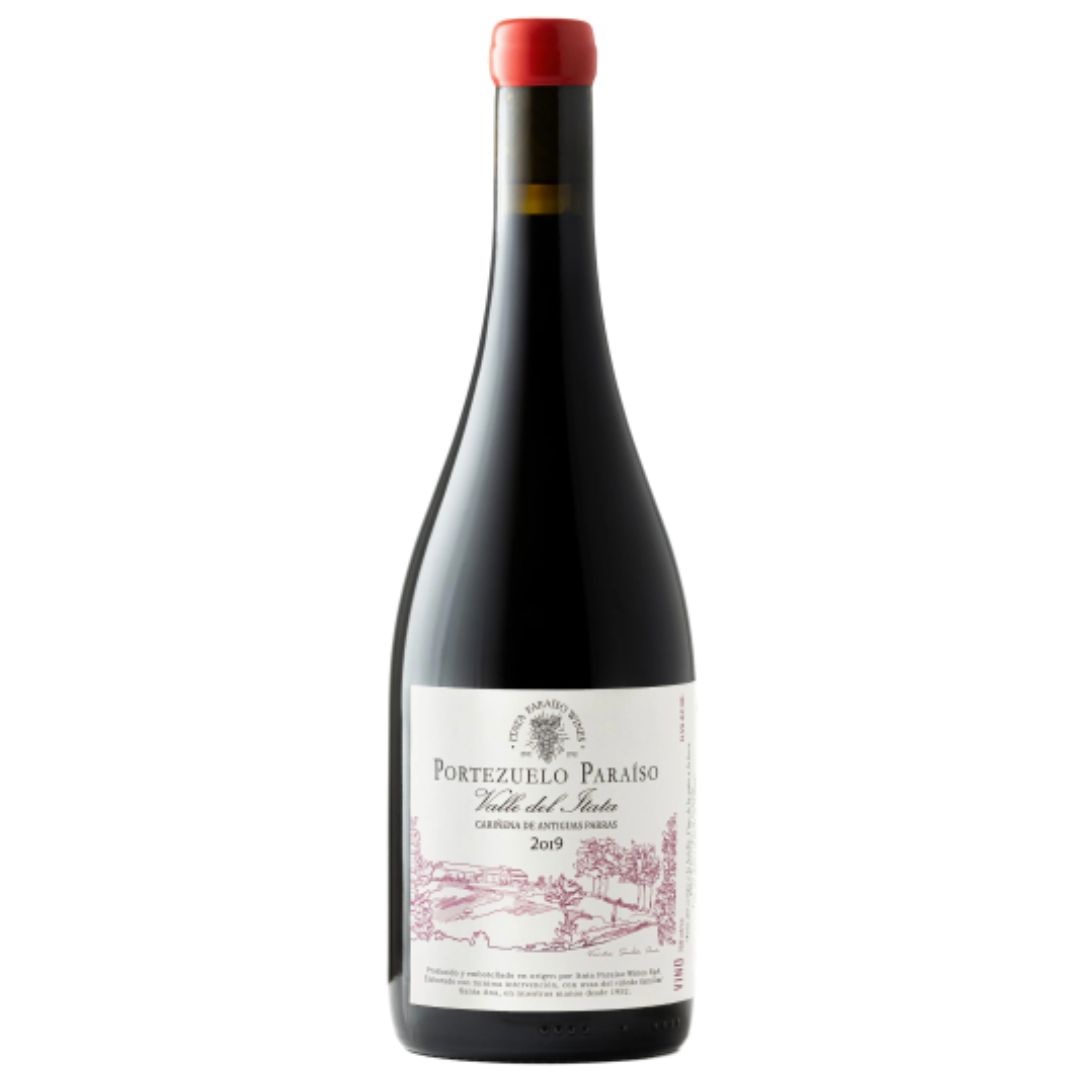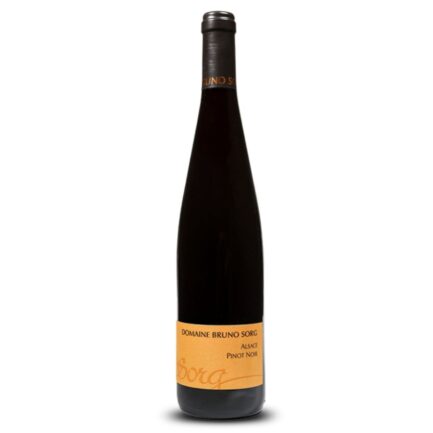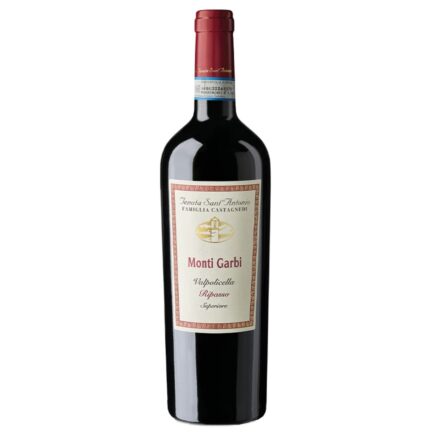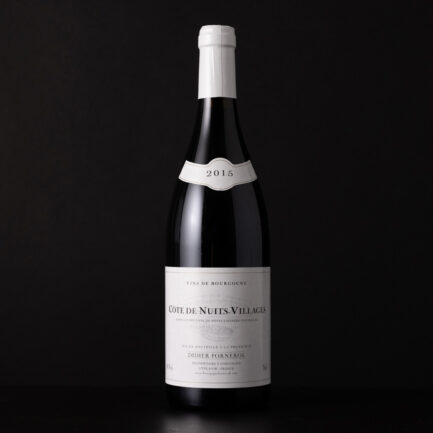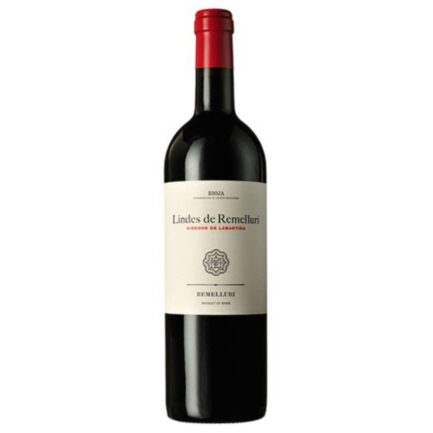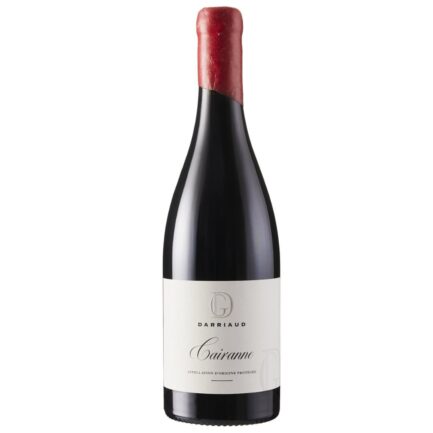Portezuelo Paraíso Cariñena 2020, Itata Paraiso, Portezuelo
£ 33.50
In stock
Details
Tasting Notes
Portezuelo Paraíso 2019 is well structured, powerful, complex and well balanced. It is rich in fruit with some herbal and earthy notes too. We recommended decanting and it will continue to improve and develop with good cellaring. The old Cariñena (Carignan) vines contribute to smooth tannins.
The Producer
The Itata Valley, one of Chile’s southernmost wine regions, contains some of the country’s oldest vines as well as exceptionally varied terroir. It’s an area imbued with the old ways, sustainable farming (often organic) and small growers and producers – such as Itata Paraíso.
This third-generation family vineyard is still under the watchful gaze of 93-year-old Abuelo Ramirez-Lavín, who began making wine here in 1952. Yes, they keep it old and keep it in the family here in Itata. The modern-day incarnation of Itata Paraíso began with his grandchildren in 2015, still working only with grapes grown on their small vineyard in Portezuelo, one of Chile’s oldest winemaking areas.
“En Itata Paraíso trabajamos sin enólogo, nosotros simplemente ‘hacemos’ vino sólo con la experiencia de las generaciones pasadas.” They make wine naturally, intuitively, as the generations did who have come before. The heritage varieties of the Itata Valley, Moscatel and País, are to the fore, as well as old-vine Carignan.
Vinification
Old-vine Carignan from one of Chile’s oldest viticultural areas. In 2019, Portezuelo had 34% more rain than average and it was 5% colder, which helped the vines to ripen gradually, giving a good balance between tannins and acidity. We harvested by hand on 11th and 12th March. A healthy natural fermentation occurred then the wine was aged for 19 months in old French oak barrels. The final blend was made on 10th October and bottled on 16th October, entirely at source. Complete malolactic fermentation took place. Oak influence is minimal, not in flavour terms at all, just to round out the wine.
